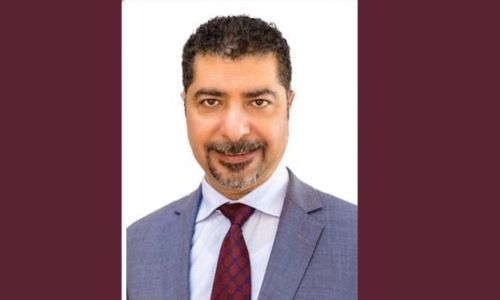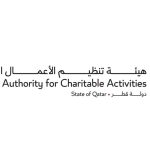The National Institution for Human Rights (NIHR) chairman, Ali Ahmed Al Derazi, recently praised the Cabinet’s decision to extend the midday work ban for a three-month period from June 15 to September 15, starting in 2025. This move reflects the government’s dedication, led by His Royal Highness Prince Salman bin Hamad Al Khalifa, the Crown Prince and Prime Minister, to safeguard the rights of workers and ensure their safety, especially in extreme heat conditions. Al Derazi highlighted that this decision not only strengthens labor standards but also provides additional protection for workers.
Moreover, Al Derazi pointed out that this directive is in line with the NIHR’s 2019 recommendations. During that year, the institution initiated a project to monitor violations of workers being exposed to direct sunlight between 12:00 pm and 4:00 pm in July and August. He reiterated the NIHR’s commitment to overseeing human rights matters and offering guidance to relevant parties based on international norms. The institution also encourages individuals to report any concerns through its toll-free hotline at 80001144.
This extension of the midday work ban serves as a proactive step towards enhancing the overall well-being of workers in Bahrain. By acknowledging the risks associated with working in extreme heat, the government is sending a clear message that it values the safety and rights of individuals in the labor force. This decision not only ensures a more comfortable working environment during the hottest months of the year but also underlines the importance of upholding human rights principles in the workplace.
The NIHR’s continuous monitoring of workers’ conditions demonstrates the institution’s dedication to promoting and protecting human rights. By closely observing any violations or abuses, the NIHR can intervene and provide solutions to prevent further harm or exploitation. This proactive approach is essential in maintaining a fair and just working environment for all individuals, regardless of their background or job position. It also reinforces Bahrain’s commitment to respecting international standards and regulations related to labor rights.
Furthermore, the NIHR’s initiative to encourage individuals to report concerns through a toll-free hotline reflects its commitment to transparency and accountability. By providing a direct channel for reporting issues related to workers’ rights, the institution ensures that grievances are heard and addressed promptly. This proactive communication strategy fosters a culture of openness and responsiveness within the labor market, ultimately leading to better protection for workers and improved working conditions overall.
In conclusion, the government’s decision to extend the midday work ban in Bahrain is a positive step towards safeguarding the rights and well-being of workers. By aligning with the NIHR’s recommendations and emphasizing the importance of monitoring and addressing human rights issues, Bahrain is setting an example for other countries in the region. The commitment to protecting workers from extreme heat and ensuring a safe working environment demonstrates the government’s dedication to upholding labor standards and promoting human rights. Through ongoing monitoring and collaboration with relevant parties, the NIHR continues to play a crucial role in advocating for the rights of workers and enhancing overall workplace conditions in Bahrain.











